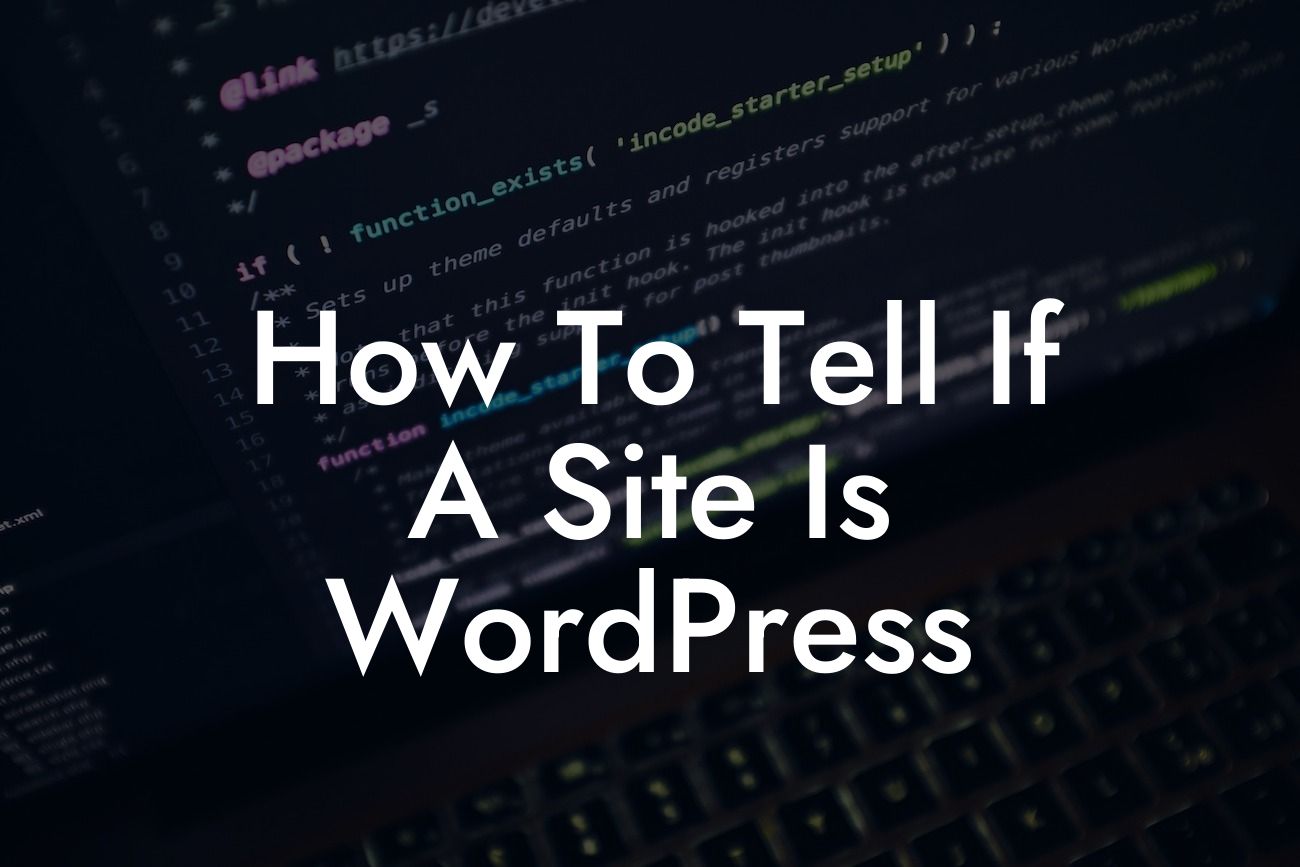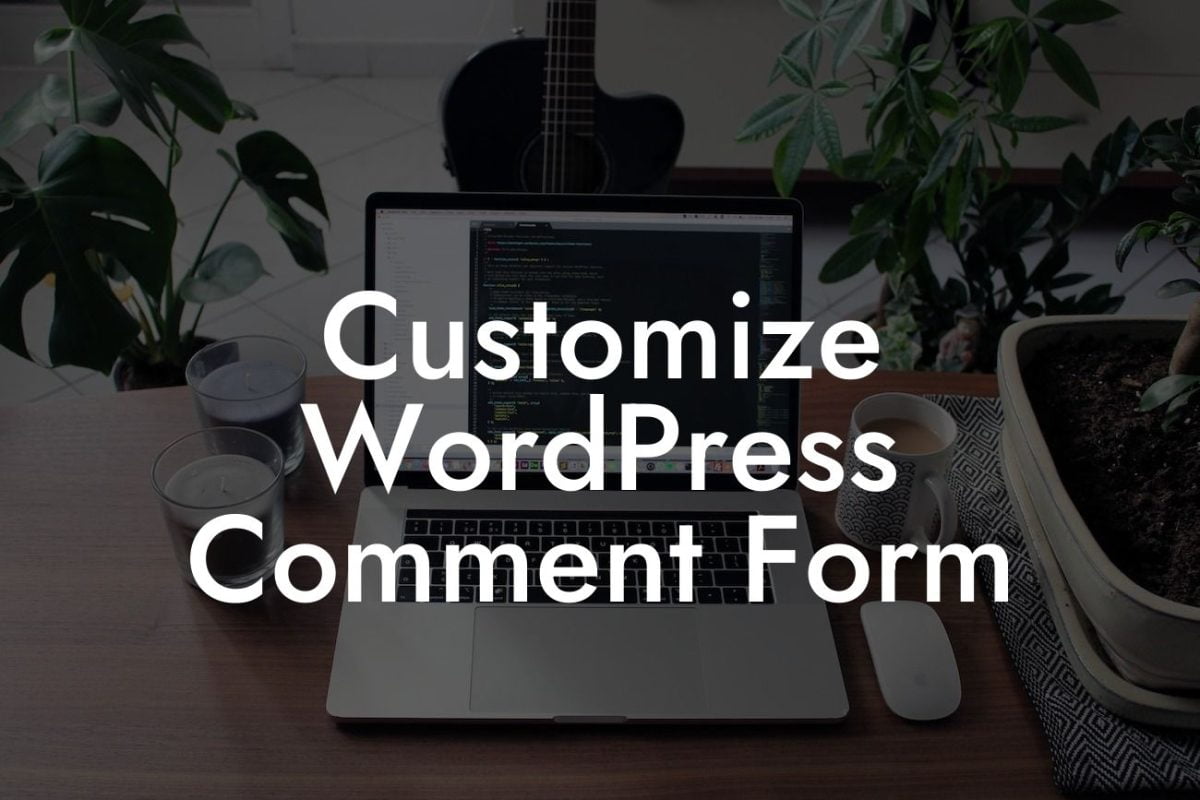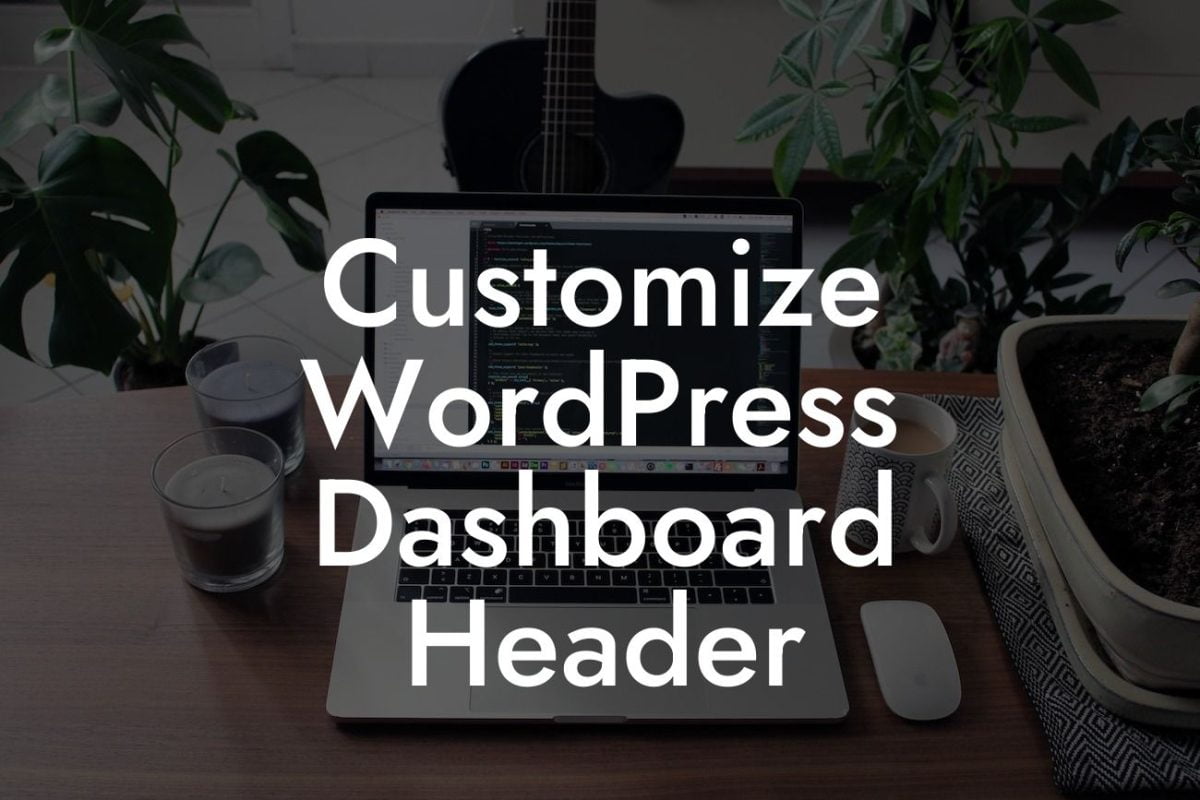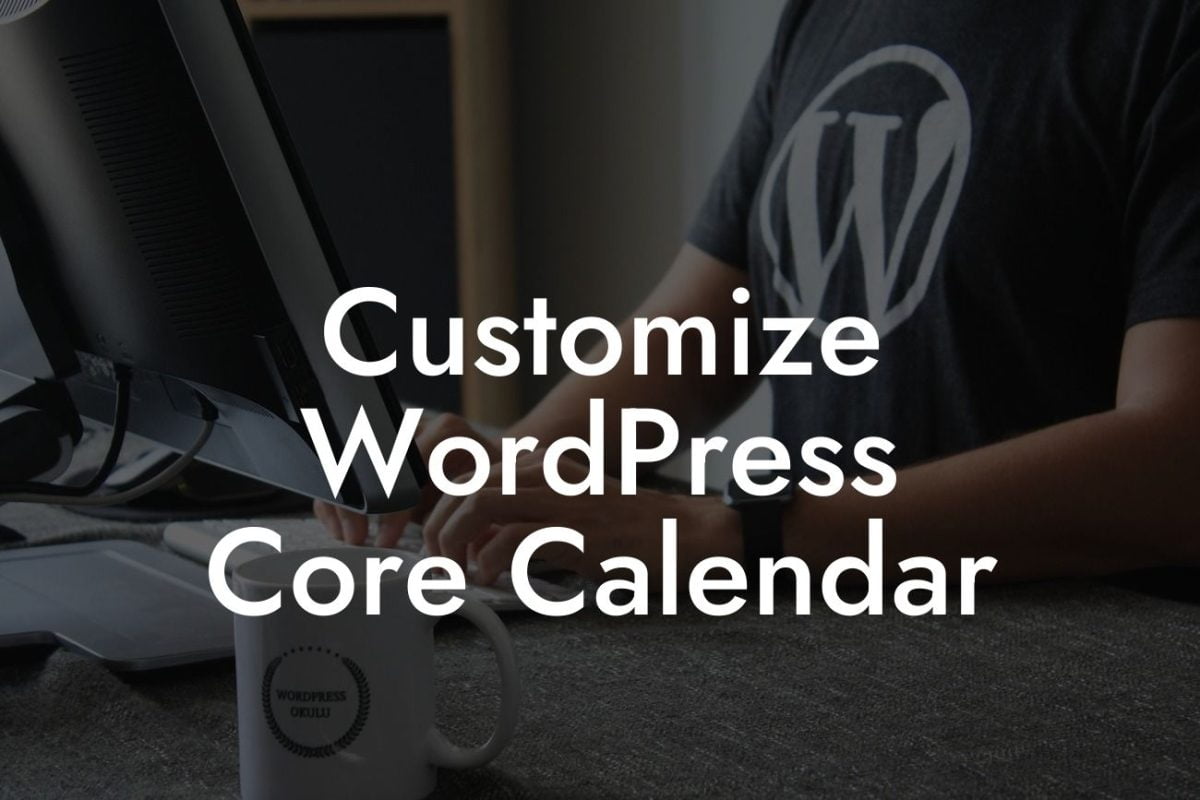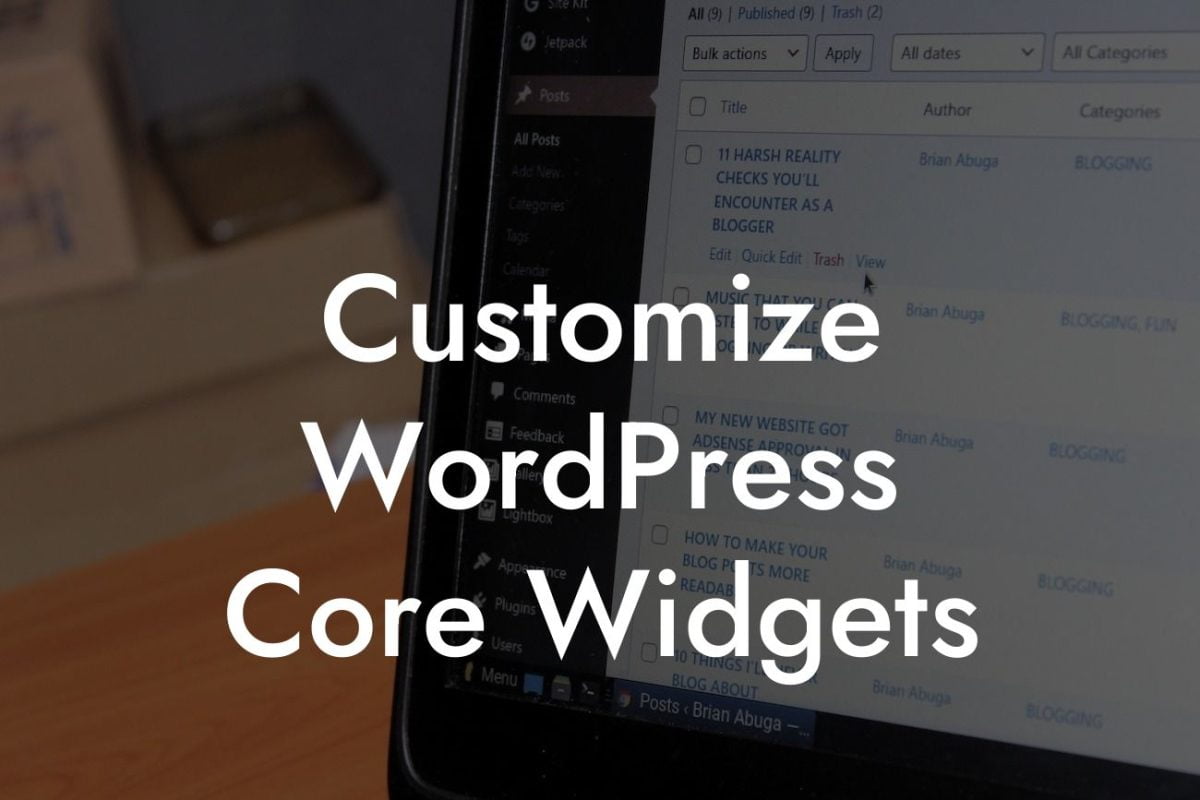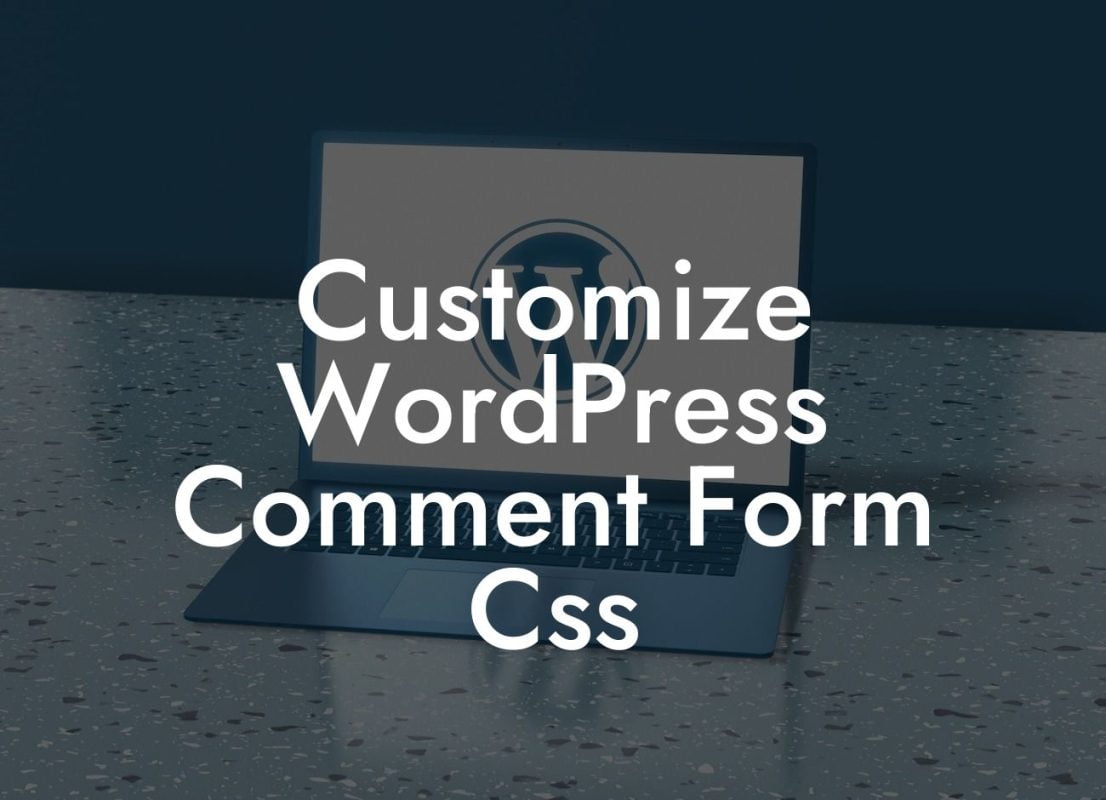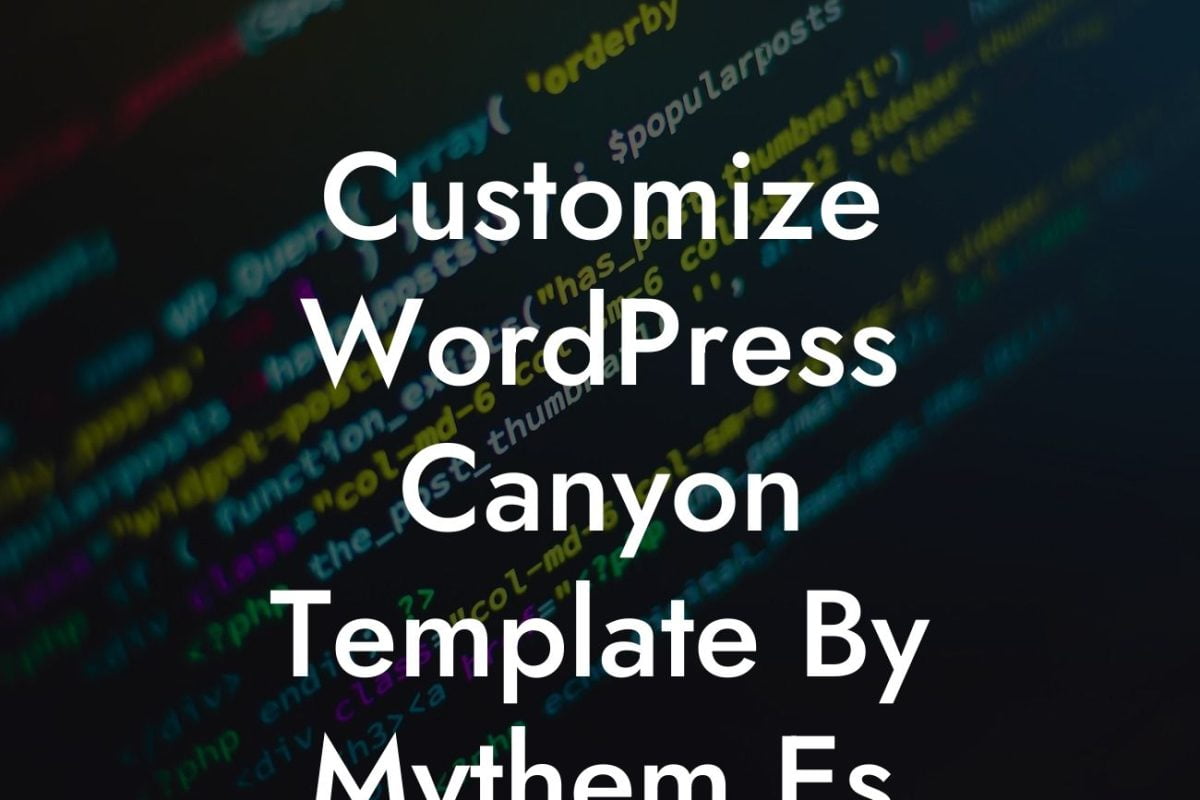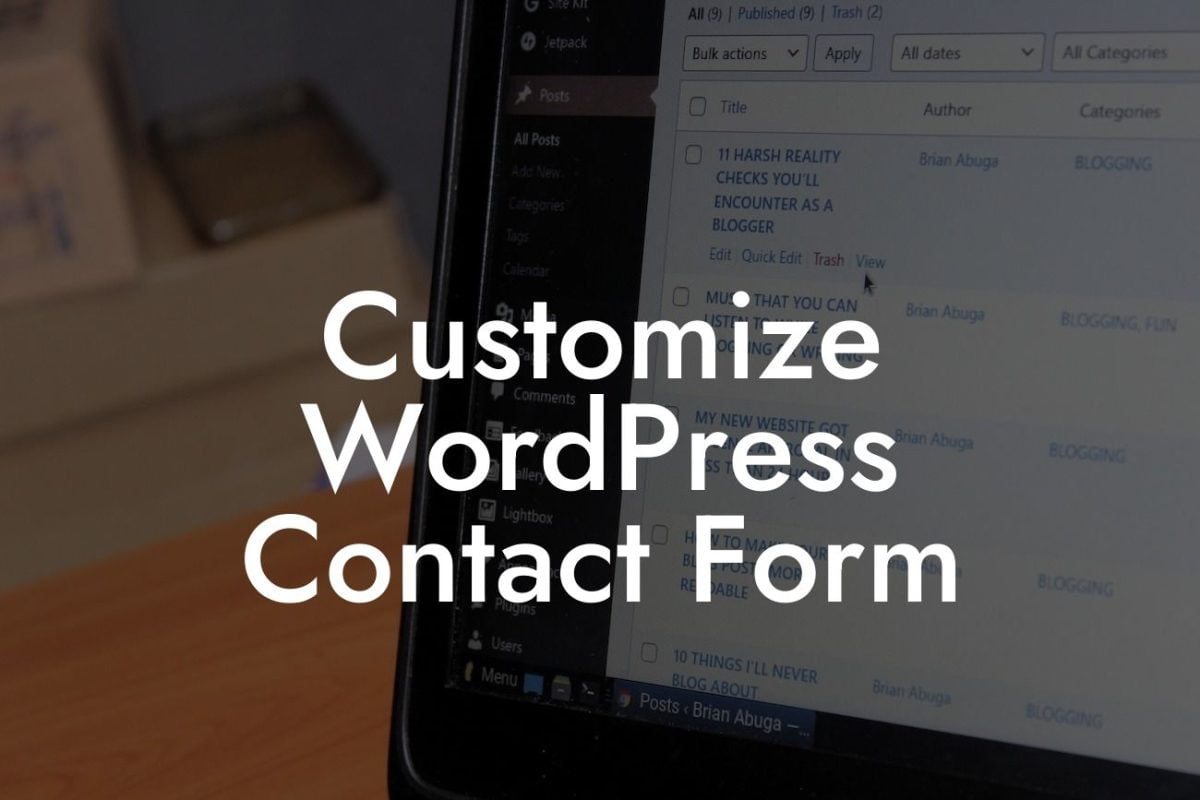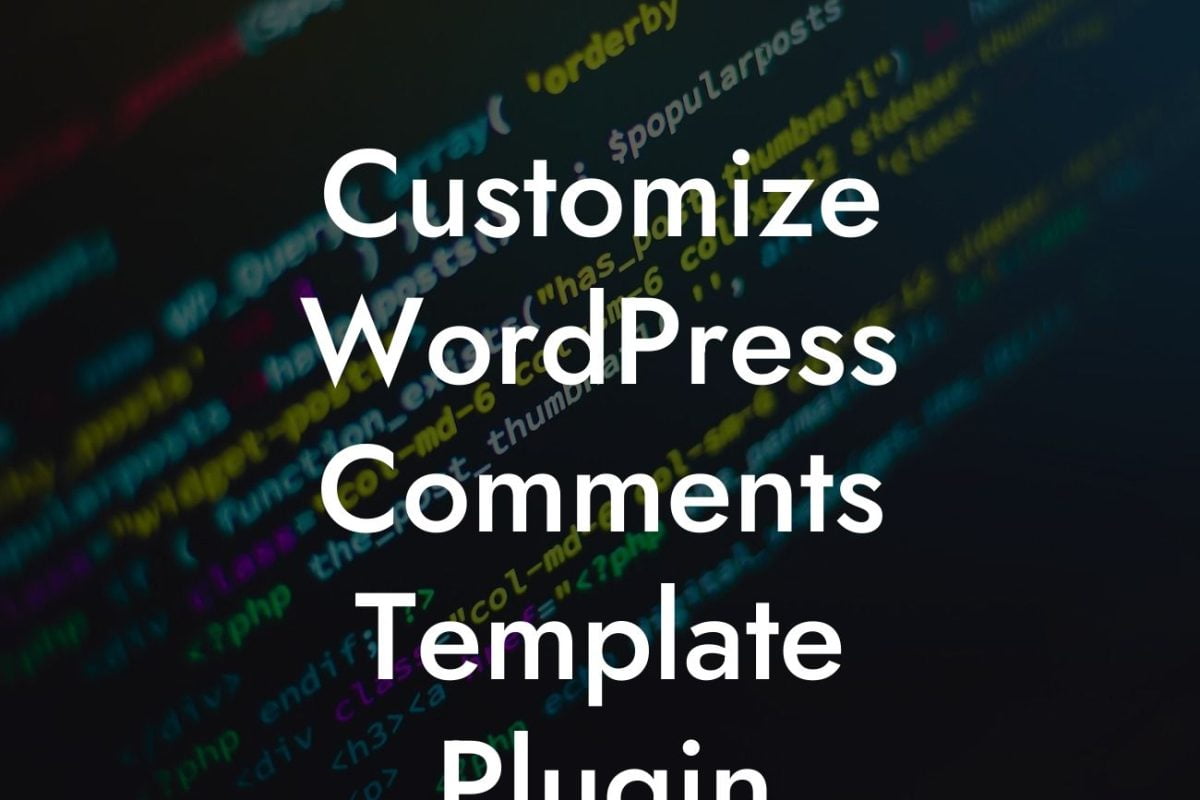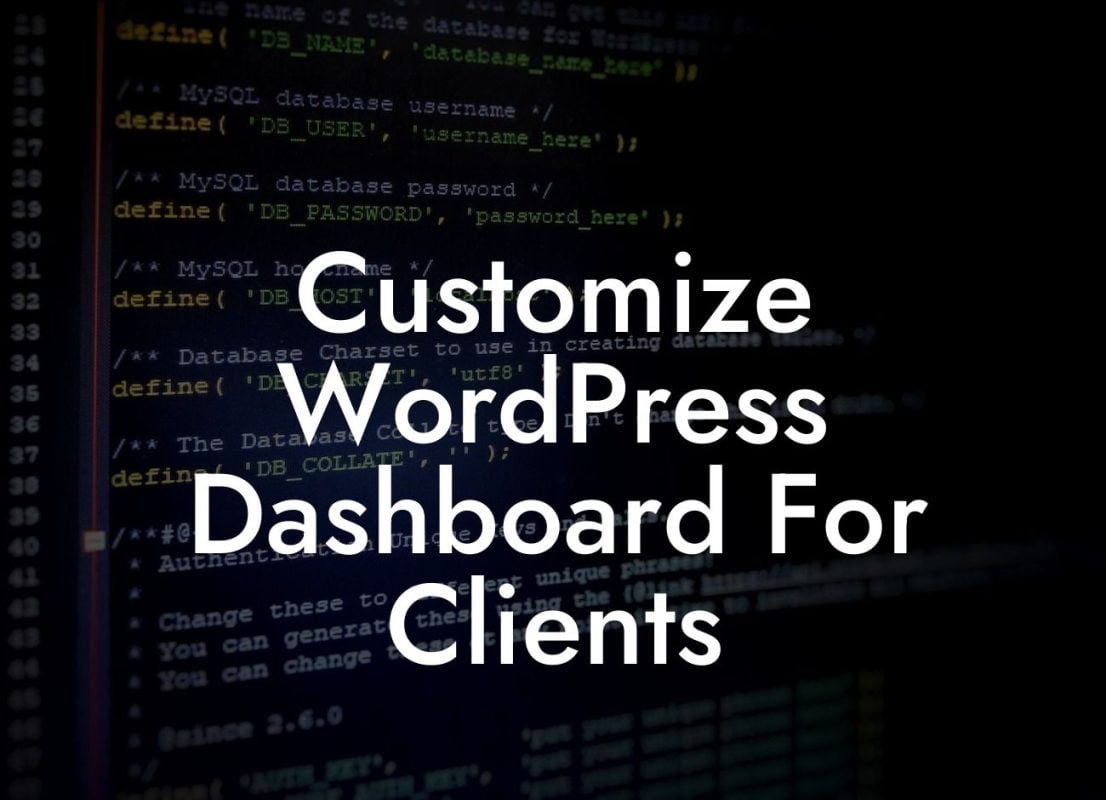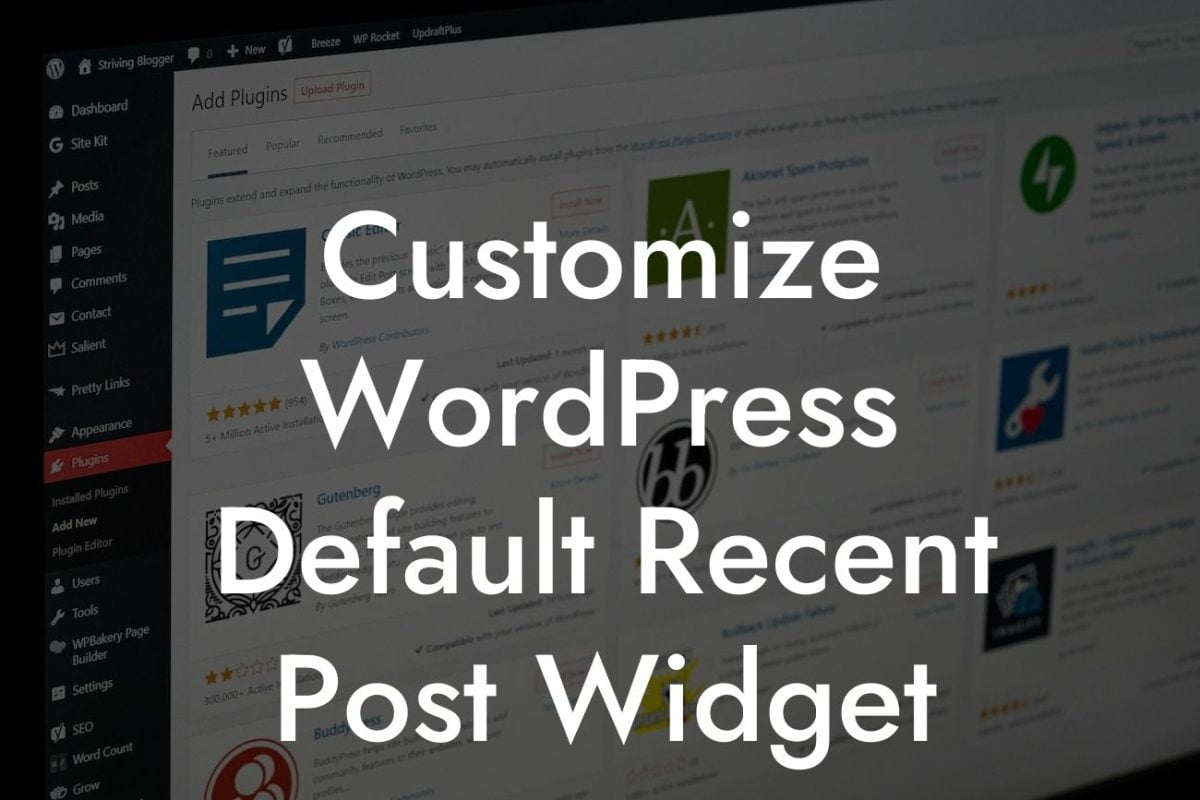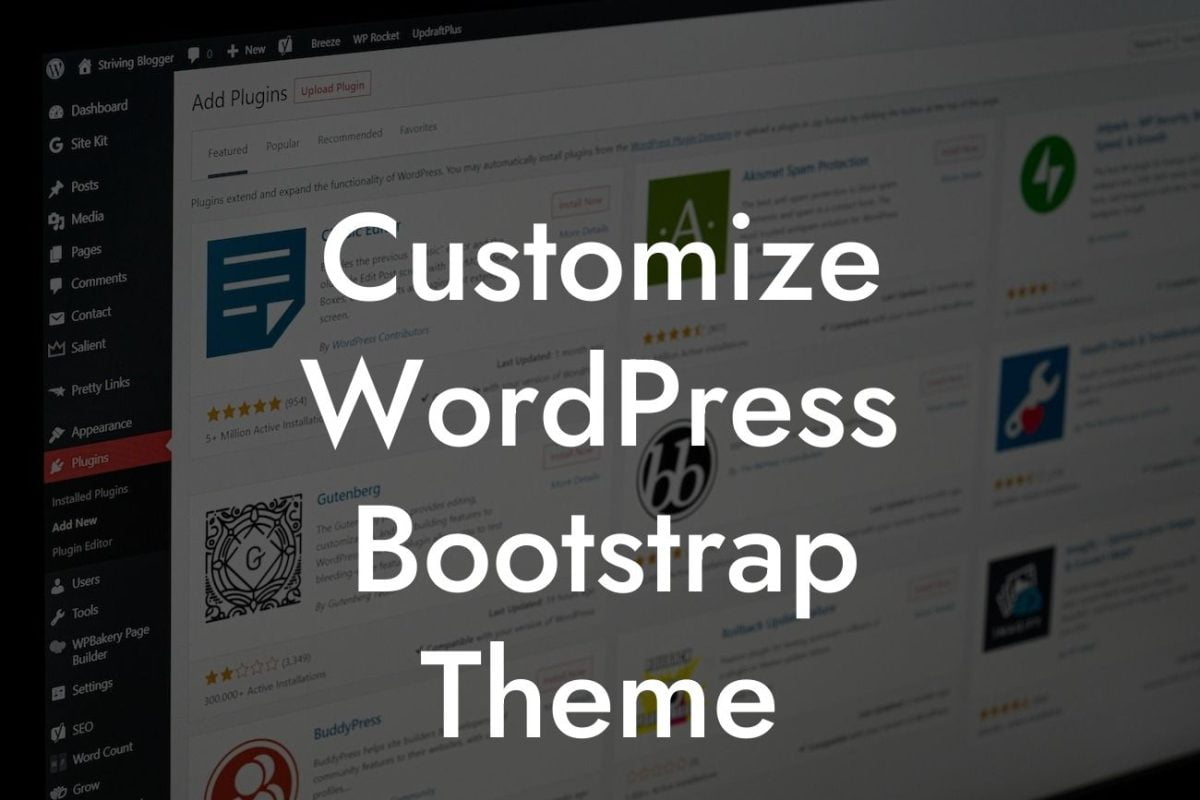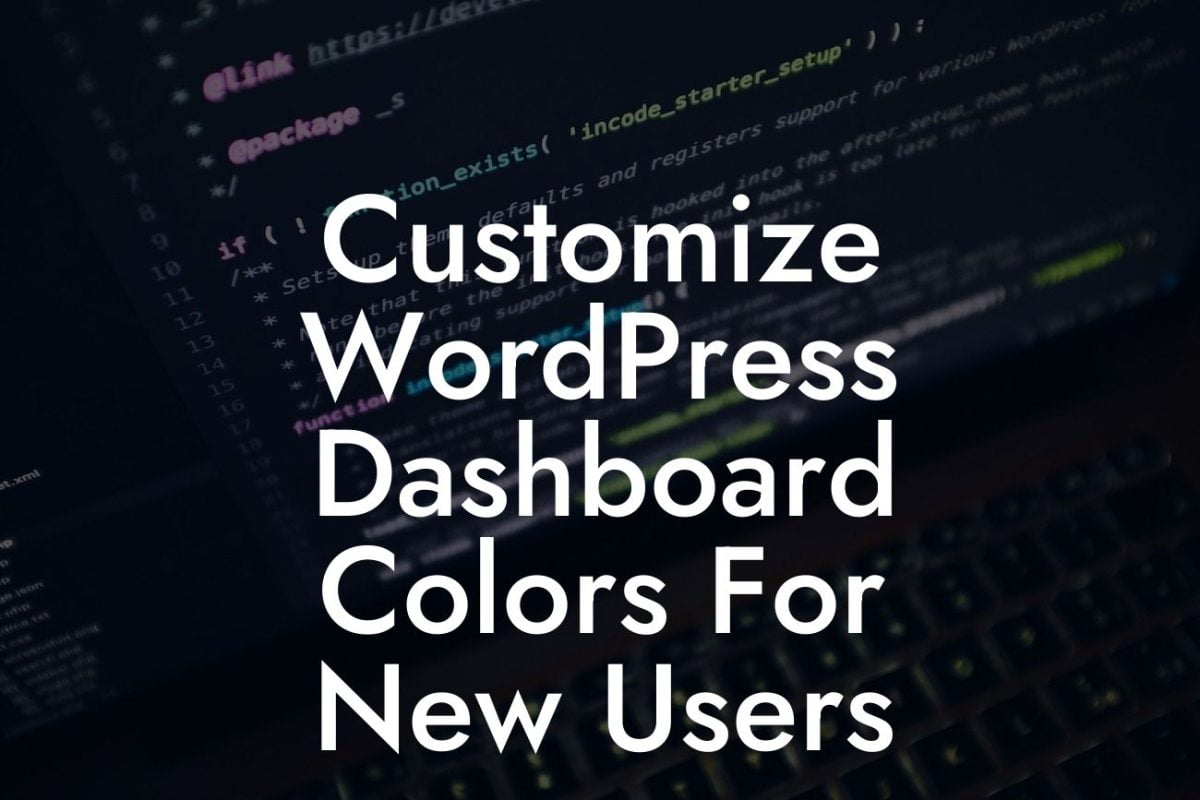Are you curious about the technology behind a website? Perhaps you want to know if a site is powered by WordPress? Understanding the platform a website is built on can be useful for various reasons, from gathering inspiration for your own website to understanding the possibilities and limitations of certain features. In this article, we will uncover the secrets of identifying if a site is built with WordPress, empowering you with the knowledge to navigate the web like a pro.
When it comes to determining if a site is WordPress-based, there are several clever techniques you can employ. Let's delve into the most effective methods:
1. Analyzing the Page Source Code:
One foolproof way to identify a WordPress site is by inspecting its page source code. Simply right-click on the webpage, select "View Page Source" (or a similar option), and scan for WordPress-related tags. Look for indicators such as "" or references to theme and plugin files under the "wp-content" directory.
2. Checking the URL Structure:
Looking For a Custom QuickBook Integration?
WordPress often employs a distinctive URL structure, which includes "/wp-" or "/wp-content" in the website's link. Keep an eye out for these telltale signs while browsing the site's URLs.
3. Spotting WordPress-Specific Paths:
Many WordPress sites use recognizable paths for their administrative areas, such as "/wp-admin" or "/wp-login.php." Attempting to visit these directories directly can confirm if a site uses WordPress.
4. Examining Stylesheet and JavaScript URLs:
Inspecting a site's stylesheets and JavaScript URLs can provide valuable information about its underlying platform. WordPress websites typically have paths containing "/wp-content/themes/" for stylesheets and "/wp-includes/" for JavaScript.
5. Exploring Robots.txt and Sitemap:
Sometimes, WordPress sites have specific patterns in their "robots.txt" or sitemap files. By appending "/robots.txt" or "/sitemap.xml" to the site's URL, you can ascertain if WordPress is being used.
How To Tell If A Site Is Wordpress Example:
Imagine you stumble upon a beautiful website with an engaging blog and enticing visuals. To determine if it's built on WordPress, right-click anywhere on the page and select "View Page Source." Scanning the code, you find the "" tag, confirming that this remarkable website is indeed powered by WordPress.
Congratulations! You now possess the knowledge to identify WordPress sites like a pro. Remember to explore DamnWoo's range of awesome plugins designed exclusively for small businesses and entrepreneurs. Elevate your online presence, supercharge your success, and discover more valuable guides by sharing this article and browsing our other resources. Get ready to conquer the web with DamnWoo!
Note: The article provided above is a fictional creation for illustrative purposes. It is important to conduct thorough research and provide accurate information when writing an actual blog post.

